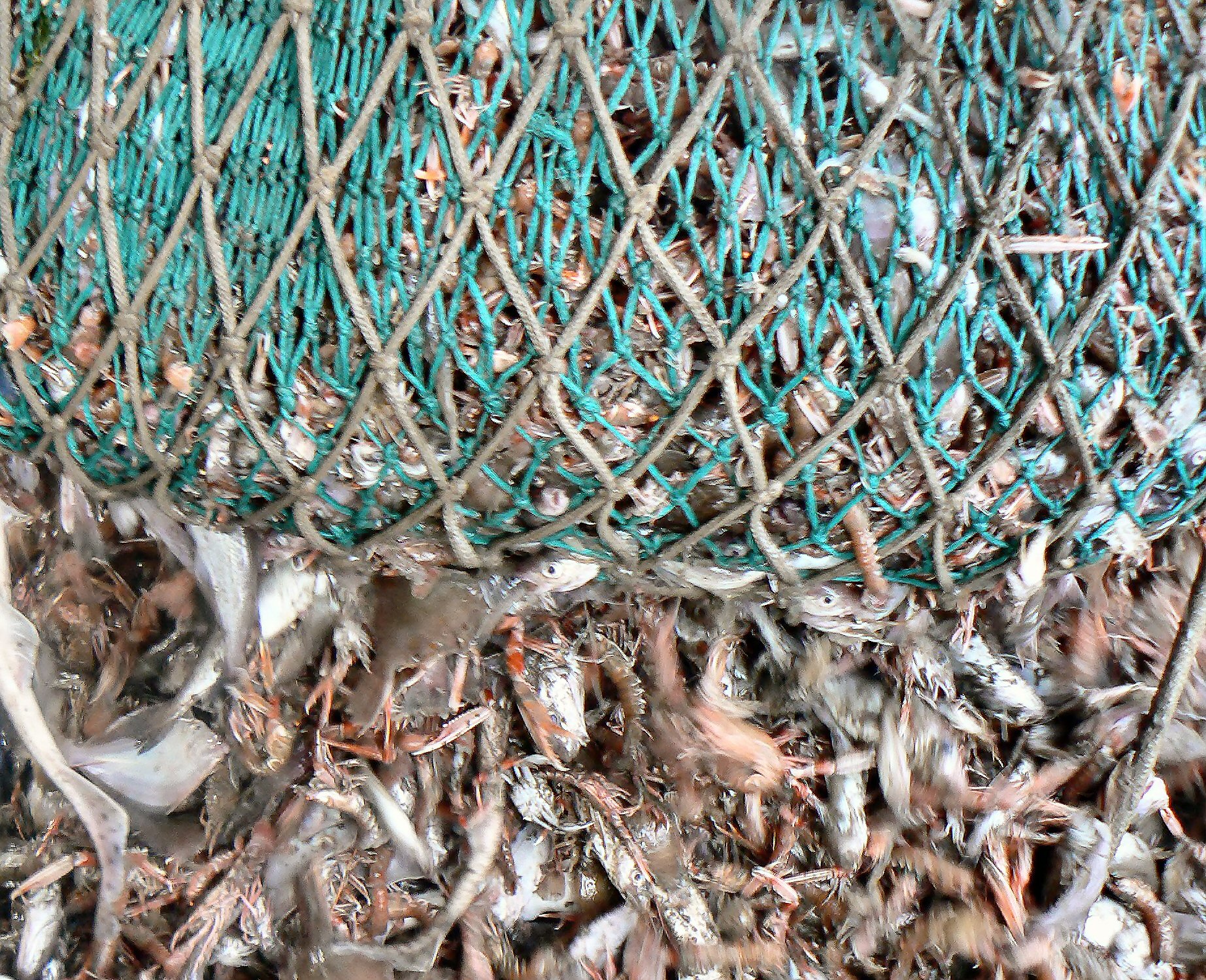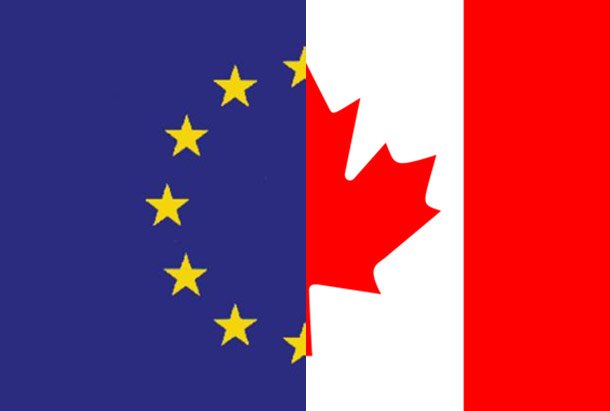Irish government defy scientific advice to support continued overfishing and depletion of marine environment
Image: J Woodlock December 14th 2016 Ireland’s degraded marine environment got no help this week as the Minister for the Marine Michael Creed continued the policy of overfishing. Environmental groups have criticised the Minister for continuing to pursue overfishing in Irish waters with the announcement of the 2017 fish quotas. Read more…






